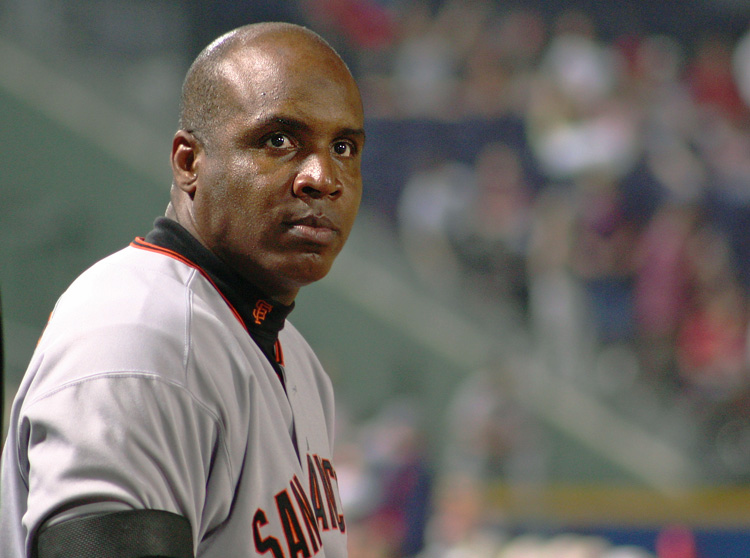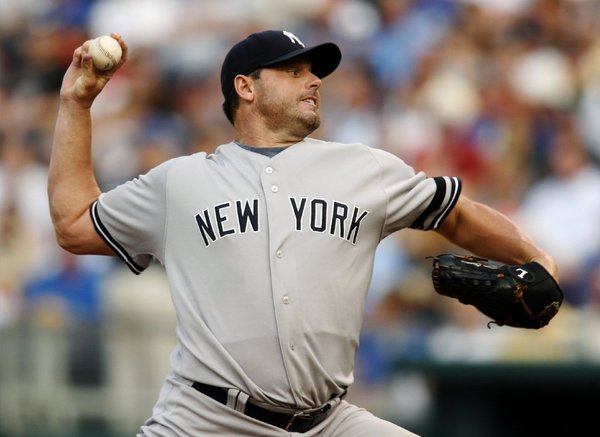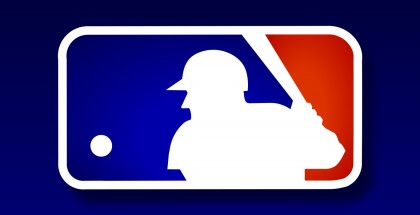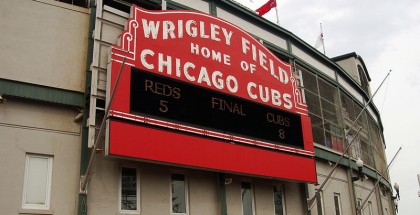Who’s Worthy for Cooperstown Now?
Many might not have realized it, but January 9th will be a day that changed the future of professional baseball in America forever. For just the 8th time in the history of the Hall of Fame voting, no players were elected into the HOF in Cooperstown. But if it’s happened before why is this time more significant? It’s simple and can be summed up in two words – steroid era.

The list of potential HOF candidates was easily the most chalked full of talent since the very first class in 1939 that featured guys like Ty Cobb, Babe Ruth and Honus Wagner. The class of 2013 could have featured names like Barry Bonds, Roger Clemens, Sammy Sosa and Mike Piazza. However, this was the first year were the glooming steroid era would play a key role in the voting.
The last seven times no one was elected into the HOF it was for a variety of reasons. Those classes were just not full of talent and were small in actual numbers. This group of players had plenty of talent and lots of players to choose from. However, in the end, Craig Biggio was the leading vote getter with 388 votes or 68.2% — 75% is required to get elected.
How big of a role did steroids play in the voting? Roger Clemens has the most Cy Young awards of all time and Barry Bonds is the all-time homerun hitter and they got just 37.6% and 36.2% of the vote respectfully. Sammy Sosa who has over 600 home runs got just 12.5% of the vote and just barely was allowed to stay on the ballot for next year. Players need to have at least 5% to stay on the ballot year after year. All of those players in any other era would have been shoe-ins for the HOF. But because of the steroid era, they are far from having their bust in Cooperstown.
The days leading up to the announcement of the vote were full of rumors swirling about who would or wouldn’t get in. My problem with what happened on this Wednesday afternoon was what this vote will mean for the future of Major League Baseball.

The players mentioned had steroid accusations following them for the last part of their career. Whether or not they did it is irrelevant. Unfortunately in the steroid era you are guilty until proven innocent. But what happened in this vote is that good players, really good players who never had a steroid accusation against them became guilty by association.
Guys like Biggio who had over 3,000 hits in his career or Mike Piazza, who will go down as one of the greatest catchers ever, should have been elected in their first year. However, they weren’t. Why? The Baseball Writers Association of America members clearly are scared to vote anyone in because it’s an era of uncertainty and they don’t want to taint the HOF. However, I’ll argue that by not voting anyone in from this class will hurt the HOF in the long run.
One big reason we are having this issue today is the fact that the steroid era was handled so poorly. It was a time where McCarthyism-like accusations rang supreme. Anyone could call out anyone else for taking steroids and that accusation was a black mark in the player’s permanent record. The Mitchell Report ousted players who had taken tests that were suppose to be confidential. After that no one was safe. Seemingly everyday a player was accused of taking illegal performance-enhancing drugs and suddenly they had to defend themselves.
As Bonds neared Hank Aaron’s record everyone had an opinion on whether it should count or not. Bonds admitted that he took banned substances but didn’t know what he was taking. When he broke the all-time home run record it was bittersweet. MLB had to acknowledge his record but it wasn’t in the same fan fare it could have been.
In the end the BWAA has the final say in who gets elected and who doesn’t and this was their call whether fans agree or not. But what does this say for future potential classes? How do the writers determine when the steroid era is over and who is clean and who isn’t? Next year there are some fine players eligible for election like Greg Maddux and Tom Glavine. Neither has ever been linked to steroids but will their participation in baseball during the steroid era affect their chances?
And how will this affect the actual HOF in Cooperstown? In an article by ESPN’s Darren Rovell he discusses how attendance is dropping rapidly at the famed site. Except for induction weekend the HOF is struggling to survive. It lost nearly $2 million in 2012 and will have less than 300,000 visitors for the fourth consecutive year.
Rovell argues that not having big names in the HOF is hurting its attendance. The last few HOF classes have had some great players go in but not players who were flashy and fan favorites. I agree with Rovell that Barry Larkin was a great player, but you’re not going out of your way to Cooperstown to see his bust.
While the steroid era is a dark age for Major League Baseball it is one that will be forever written in the game’s history. The players who played in that era will never be forgotten and since we don’t know who was taking steroids and how long they were we should focus on the numbers. And by the numbers, this year was a big mistake for the HOF. Having guys like Bonds, Clemens and Sosa would have boosted the attendance to the HOF as people would have flocked to Cooperstown to see these players. Remember controversy always spurs interest and fans would definitely want to see the busts of these superstars despite the steroid allegations.
Everyone has an opinion on the vote that took place on January 9th. Whether you like it or not it’s just the first of an annual discussion on how the steroid era has affected Major League Baseball. But I worry about what will happen to the great players who had nothing to do with steroids. Luckily we won’t have to wait long to see how things will play out.
All I can say is good luck to Maddux and Glavine – you’re going to need it.
Mike Zoller is a contributor for Porchdrinking.com. He works full-time in the Northwestern University Athletic Department. Follow him on Twitter @mikezoller.







Submit a Comment